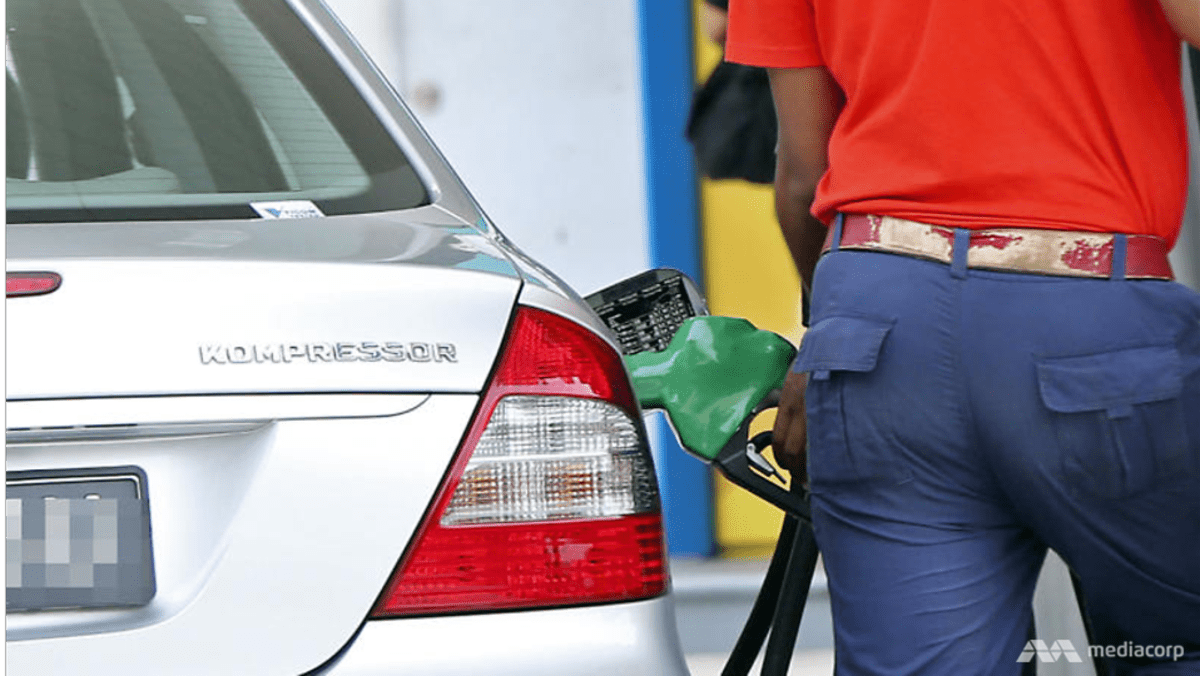Petrol, electricity prices will rise as Ukraine crisis pushes up global energy costs: Gan Kim Yong
The Government’s “initial assessment” is that the immediate and direct impact of the invasion of Ukraine on Singapore’s economy and businesses has been “manageable for now”, said Mr Gan.
Singapore companies have a “limited presence” in Ukraine, and it does not import many essential supplies from Ukraine and the region, he noted.
To manage supply chain risks, especially for essential goods, Singapore has diversified its imports and established stockpiles.
The country also produces goods locally where viable, and works with major importers and retailers to ramp up supply from alternative sources if necessary, said Mr Gan.
“Having said that, the conflict is still evolving, and the situation could change very quickly. Make no mistake that while Ukraine may seem far away from Singapore, the conflict there will have real and significant impact on all of us,” he told the House.
Earlier in Parliament, Foreign Affairs Minister Vivian Balakrishnan announced that Singapore will impose sanctions on Russia due to the “unprecedented gravity” of the situation.
The measures will include imposing export controls on items that can be used directly as weapons in Ukraine, and blocking certain Russian bank and financial transactions connected to Russia, he said in a ministerial statement.
While the Ukraine crisis has “clouded” Singapore’s economic outlook, the actual impact on GDP growth and inflation is “difficult to estimate” now given the uncertainties, said Mr Gan.
“A lot will depend on how the conflict unfolds, the global response to the situation, and the longer-term impact on the global economy,” he added.
“However, what is clear is that inflationary pressures are likely to rise further in the near term, especially through an increase in the prices of oil-related items in the first instance. The downside risks to our economy have also increased significantly.”
Noting that businesses are “understandably concerned”, Mr Gan said many have been looking forward to “ride the wave of a strong recovery” in the global economy this year.
“The conflict has added considerable volatility and stress on what is an already challenging business environment, arising from supply chain disruptions, higher electricity and fuel prices and a tight labour market. Households have been similarly affected by these inflationary pressures,” he added.
The Government will continue to monitor the situation closely and introduce additional measures to help businesses and households cope with the challenges if necessary, said the Trade and Industry Minister.
“The conflict in Ukraine is a stark reminder that as a small country and open economy, we are vulnerable to the vagaries of international developments, be they military conflict, global inflation or supply chain disruptions, or other trends like technology and climate change,” said Mr Gan.
“It is crucial that we strengthen our defences against such external shocks. And to do that, we need to build a vibrant, diversified and resilient economy, as well as forge a cohesive and united society.”
For all the latest business News Click Here

